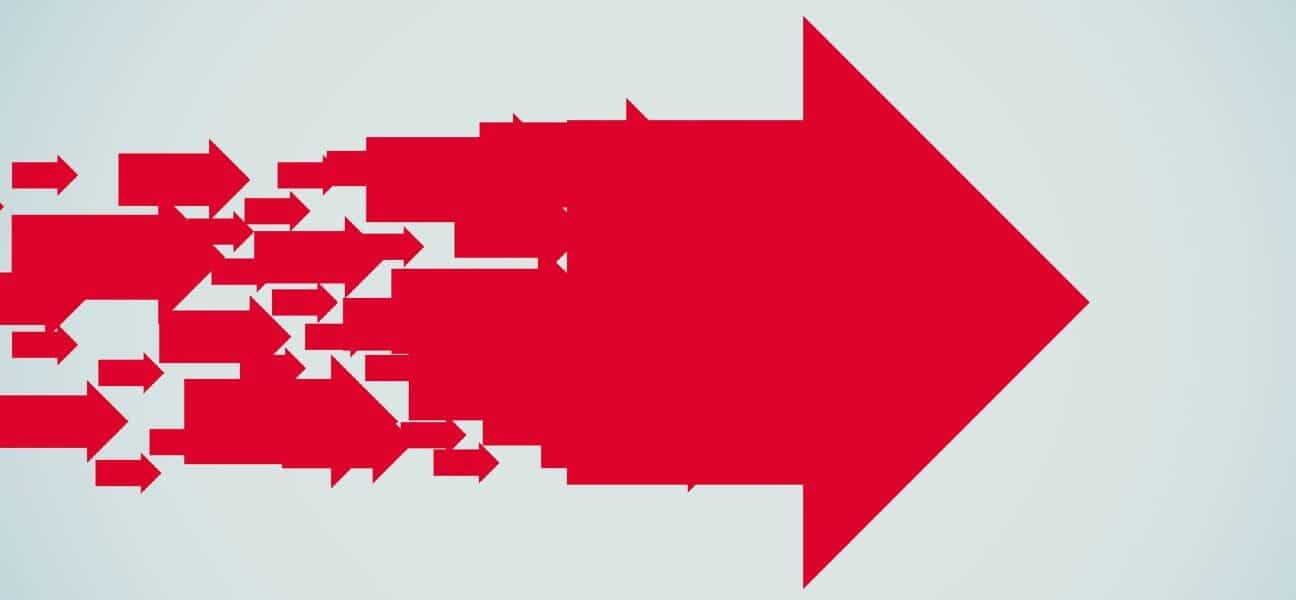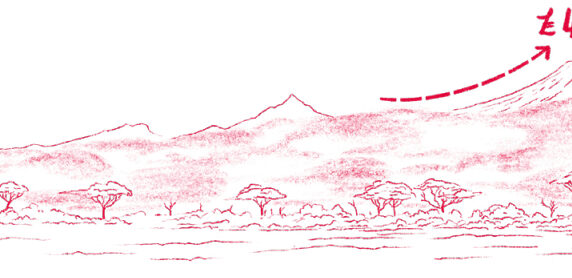Powershifting in practice: How Restless Development is walking the talk
Who do you think of when you imagine a typical charity board Chair? Probably not a 30-year-old woman, right?
But that’s exactly who chairs Restless Development’s board – demonstrating what it means to truly shift the power at the governance level of the organisation.
When I was asked if I’d consider being the new Chair of the Restless Development Global Board, it was a big surprise. I admitted to the co-CEO that I thought she was going to ask me to step down from the board because my lack of experience wasn’t working for them anymore (hello imposter syndrome, old friend).
This could be to do with the fact that 1 in 12 trustees are called John or David, over 70% of charity chairs are men and the average age range of trustees is 55-64 years old. A 30-year-old woman is certainly not the usual choice.
But for Restless Development, an organisation supporting young leaders to create a better world, this appointment was completely in character. The agency is leading the way in challenging traditional power structures, decolonising the development sector and putting young people in real positions of leadership and influence. Our strategy is designed to be flexible – connecting and training thousands of young people to create change and enabling communities to lead their own development. The agency is not led by a headquarters in the global north, as many international charities are, but by a Global Leadership Group with representation from across the agency, including staff from nine countries of operation and from varying levels of seniority and age.
Now nearly half of the agency’s Global Board are in the majority world, nearly 50% are under the age of 35 and our new deputy chair is Mafipe Chunga – a Zambian accountant who previously chaired our board in Zambia. All of this demonstrates a true commitment to walking the talk on power shifting and applying it to all parts of the organisation – from programmes to internal structures and governance. Restless Development has designed a checklist to guide our approach to shifting power and to ensure we remain accountable on this journey.
Since volunteering with Restless Development in Uganda in 2016, I have been a trustee for 5 years and deputy chair of the Global Board for the past year. It is a huge privilege to now be leading the board of a trailblazing organisation and I am so excited to connect with young leaders around the world and amplify the collective power of youth – starting by attending the upcoming leadership conference in Tanzania in October.
In my role, I try to hold other trustees and staff to account, in particular reminding them to ensure young people are around the table at all times – as equal participants. I also offer one perspective on how a decision may be felt by young people. For example, when discussing the cost of living crisis and staff salaries, or return to office procedures post-pandemic, I bring a very different perspective to older members of the board.
One area I’m keen to work on in my role as Chair is improving connections with board members and the staff and young people involved with Restless Development. For young leaders to see people like them, on what is very often an inaccessible part of an organisation, not only demonstrates the agency’s commitment to youth leadership it also helps to attract and retain staff and increase the board’s credibility. A consumer organisation should always involve its target market in their planning and decisions, so why should it be any different for a charity?
As a young leader, I am learning to recognise the skills and power I bring to the table, but also where my experiences and privilege limit me. There is always more to be done to right the injustices of the world, but shifting the power inside our organisations is a very good place to start.
Shifting the power within organisations means being proactive and understanding the value of our complexity and diversity – it’s not only the right thing to do, but it also works. Having young people on a board as valued, equal members of the governance process gives fresh perspectives, keeps us accountable and ensures we remain restless in all that we do.
Category
News & Views



